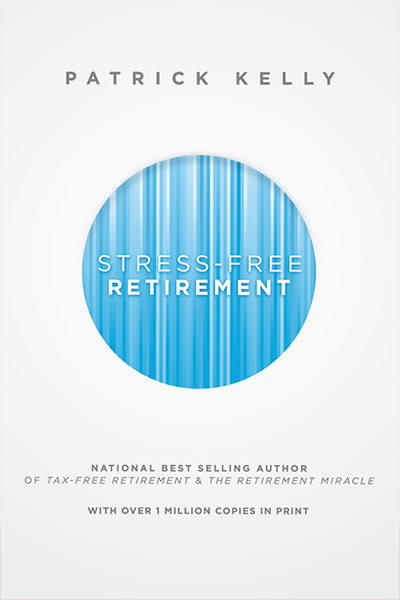Mark and Cathy
Recently on my weekly radio show, we discussed a retired couple that suffered tremendously from some of the unseen dangers and hidden obstacles (myths) that we’ve been discussing. They had heard our show last summer and called to ask for a second opinion on their portfolio as well as for us to prepare a financial plan for them.
The problem was they were running out of money!
The couple, we’ll call them Mark and Cathy, were 77 years old and told us the following story:
In the summer of 2000, when they were 65 years old, they sat down with their broker at a major Wall Street firm to discuss how they might retire and how to have an income when they were no longer receiving a paycheck. Mark and Cathy had been good savers, were fortunate to have large gains in their portfolio in the late 90s, and when they met with their broker they had a portfolio consisting of one million dollars of mutual funds.
Their question to their broker was, How do we retire and receive an income when we’re no longer working?
Their broker, according to Mark, said We are going to set up your account to withdraw 5% or $50,000 a year to supplement your Social Security. You can count on your portfolio growing by the 75 year average of around 10% over time so even though you’re withdrawing money, your portfolio will continue to grow and you can get raises in the future to stay up with inflation. (Even though the 75-year track record for the market was an average of 10% that may be irrelevant to them for the time frame in which they were retiring. There is an old joke about an economist who drowned while standing in a river with an average depth of 4 feet; he happened to be standing in a 10-foot hole.)
Mark and Cathy withdrew $50,000 (only 5%) from their portfolio in the summer of 2000, both gave up their jobs and began to lead a life of leisure. Almost immediately thereafter the market began correcting and their portfolio began to lose value. Mark called his broker and was told not to worry; this was just a temporary correction. Appeased, Mark and Cathy went about their lives. By the next summer (2001) after withdrawing another $50,000 to live on Mark and Cathy found their portfolio to be worth less than $750,000 (resulting from a combination of portfolio losses and withdrawals to live on). Now they were worried.
Mark and Cathy sat down to review their plan with their advisor and told him how upset they were becoming. Their broker told them Don’t worry, stay the course, this is normal to have ups and downs, I know what I’m doing. They left this meeting feeling a little bit better and went back to their day-to-day lives, after all their advisor worked for a major Wall Street firm.
Two years later, in the summer of 2003, their portfolio had dropped to just under $500,000. Cathy told me that at this time they were in a full-blown panic and quite upset. She told her advisor this, and he told her and Mark that the firm’s Senior Economist was saying that the correction was just about over. Mark and Cathy told their advisor that they wanted to sell everything and put their money into CDs just to protect them. Their advisor became upset and told them that only small, unsophisticated investors get out at the bottom. They had come this far so they listened to his advice and hung on.
Although the firm’s economist was finally right (even a broken clock is right two times a day), and the market went up for the next five years, Mark and Cathy’s portfolio was only breaking even with their withdrawals. Then between 2008 and 2009, their portfolio dropped to $237,000. Even though the market recovered well after 2009, their portfolio was too small to sustain their withdrawals.
When Mark and Cathy came into our office in the summer of 2012, their portfolio was a little over $184,000! They were 77 years old and would run out of money in three to four years at the age of 80 to 81 years old. They were in good health (they had longevity on both sides of their family) and would run out of money before they ran out of life.
At this point they are too old to go back to work, they will have to sell their home at a depressed price and hope that the money they receive will last for them or they will have to depend on their children to live out their days. As sad as their situation is, what is even sadder is that it did not have to end up like this for them. They (and their broker) did not understand the unseen dangers of stock market volatility and its effect on withdrawals in retirement nor did they understand the myths that their broker was depending upon.
The huge mistake that Mark, Cathy, and their broker made was using the market (a growth investment) to try to create a dependable income for their retirement. They were using the wrong tools.






